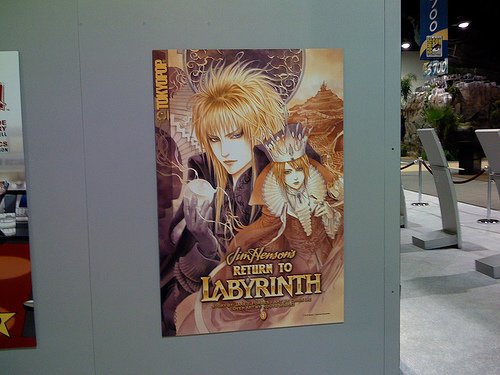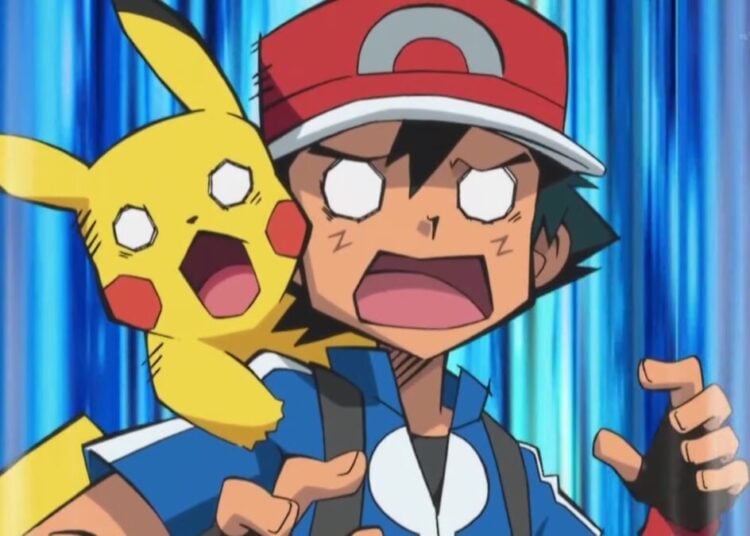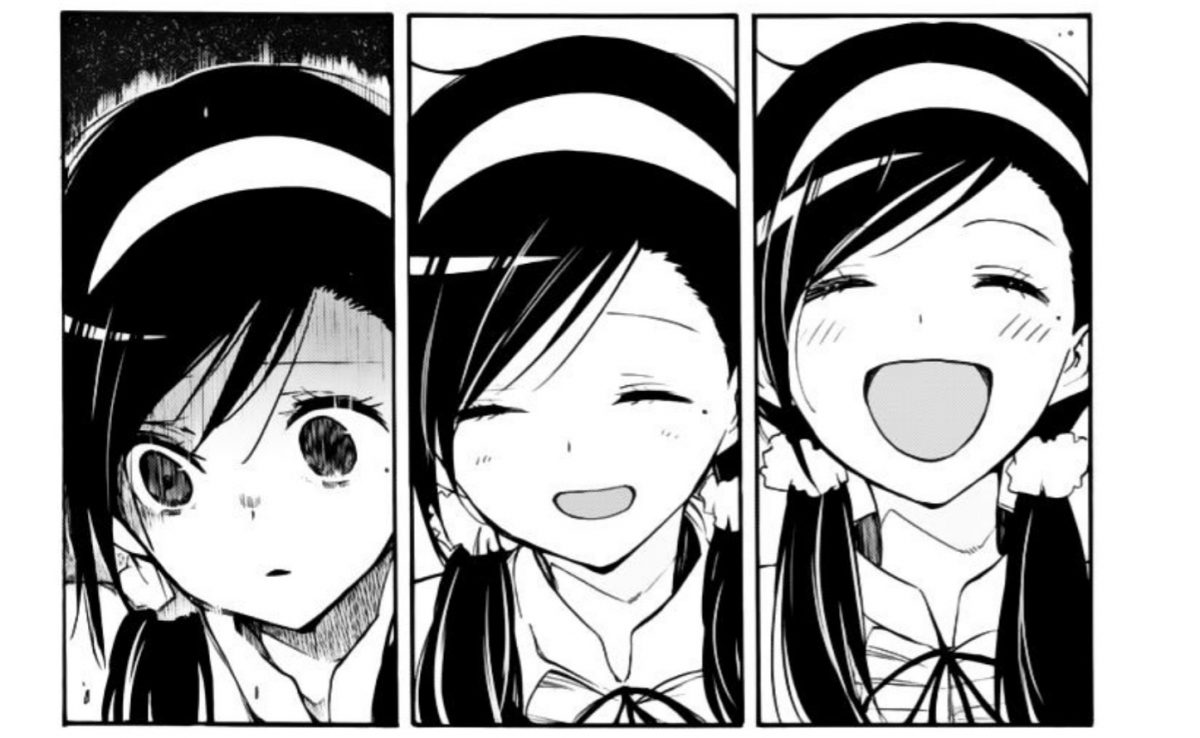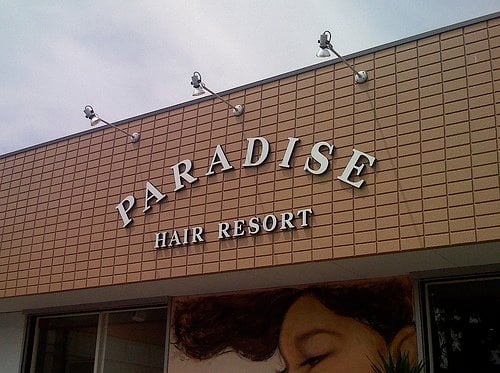The Japanese have a saying that they got from the Chinese that I mention from time to time: ningen banji, saiou-ga-uma (nin-gen BAHN-gee, sai-OH ga OO-mah), which literally means “all things in human affairs are like Saiou’s horse.” Saiou was a guy whose horse ran away one day, and when everyone said what a bad thing that was, he asked “How do you know for sure?” The next day, the horse returned with another one, so it was good luck, right? Then Saiou’s son falls off the new horse and breaks his leg, which was a bad thing. But because of his injury, he didn’t have to ride off to war the next day and be killed. It just goes to show that you can’t tell if something will turn out to be good or bad in the end. If, for example, you’re injured in a car accident, it might really have been a good thing, since a more serious accident or worse was avoided — which can really change how you view events over the course of your life.
This is all a clever segue to talk about the trip my daughter was supposed to take with her fifth grade class this summer, which I mentioned here a few months ago. All kids in the fifth grade take a trip in the summer called Seaside School where they learn about the sea and have fun with their friends (they have it in high school, and it’s also a common plot device in anime and dating-sim games). Because my daughter spends most of the summer in the U.S. doing “American kid” things like horseback riding at Girl Scout Camp, she wasn’t going to be able to attend Seaside School, and we got some pressure from the school to “get with the group” even if it meant changing our plans for the summer. (The trip was smack dab in the middle of Japan’s six-week long summer break, making tweaking our schedule a little difficult.) We debated the issue back and forth and got a lot of useful advice from readers (thanks!), but in the end we decided that we had to choose the U.S. since my little girl gets so little time to practice her English otherwise, and we’re especially concerned about keeping her reading up to speed. It turned out to be the best decision we could have made, since the place where the fifth graders were to have gone was Kashiwazaki, Niigata Prefecture, on the Sea of Japan side of the country. Which just happens to be the location of the nuclear power plant that spilled radioactive material during the offshore earthquake two weeks ago, causing Seaside School to be cancelled, nuclear waste one of those things parents aren’t too keen on. All in all, we’re quite happy with the decision we made, even though it was hard to choose between Japan and the U.S.
For the record, it’s hot, hot, hot in Japan right now, with the kind of humidity I think of as “East Coast summer weather” from my days living in Maryland and Virginia. Japan has just about the best air conditioning technology in the world, enabling the J-List staff to stay cool enough for the most part while we work, although this doesn’t help us at home, where walls and ceilings are still torn up from the remodeling work we’re doing — no air conditioning, except for one cramped room of our house. One of the most memorable sounds of summer in Japan are cicadas, called semi in Japanese (although I joke that they’re so loud, they’re “auto” — sorry), happily singing their semi song while they bask in the heat, which they’re doing right outside my window right now — if you want to hear what they sound like, view the movie on the J-List main page. Japan is a country that really values its four seasons, and a whole class of poems have been composed about enjoying the little differences between this season and that. The Japanese love to celebrate the imagery of each season…cicadas and eating shave ice in the summer, the beautiful colors of the leaves in the autumn, eating piping hot baked sweet potato in the winter, and getting drunk with friends with the cherry blossoms falling around you in the spring. Ah, living in Japan is fun.
















